Percocet Addiction Treatment and Recovery
GET HELP TODAY!
100% Confidentiality Guaranteed


What Is Percocet?
Percocet is a prescription medication that combines oxycodone, a strong opioid pain reliever, with acetaminophen, a non-opioid pain reducer and fever reducer. Doctors typically prescribe it for short term relief of moderate to severe pain, such as post-surgery or injury-related pain. Although it can reduce pain effectively, Percocet is also highly addictive.
Percocet changes how the brain interprets pain. It also increases dopamine levels, creating a sense of pleasure. This feeling can drive misuse. Over time, repeated use may lead to physical dependence or substance use disorders.
Because of its abuse potential, the FDA classifies Percocet as a Schedule II controlled substance. Abuse can lead to severe health risks, including overdose.
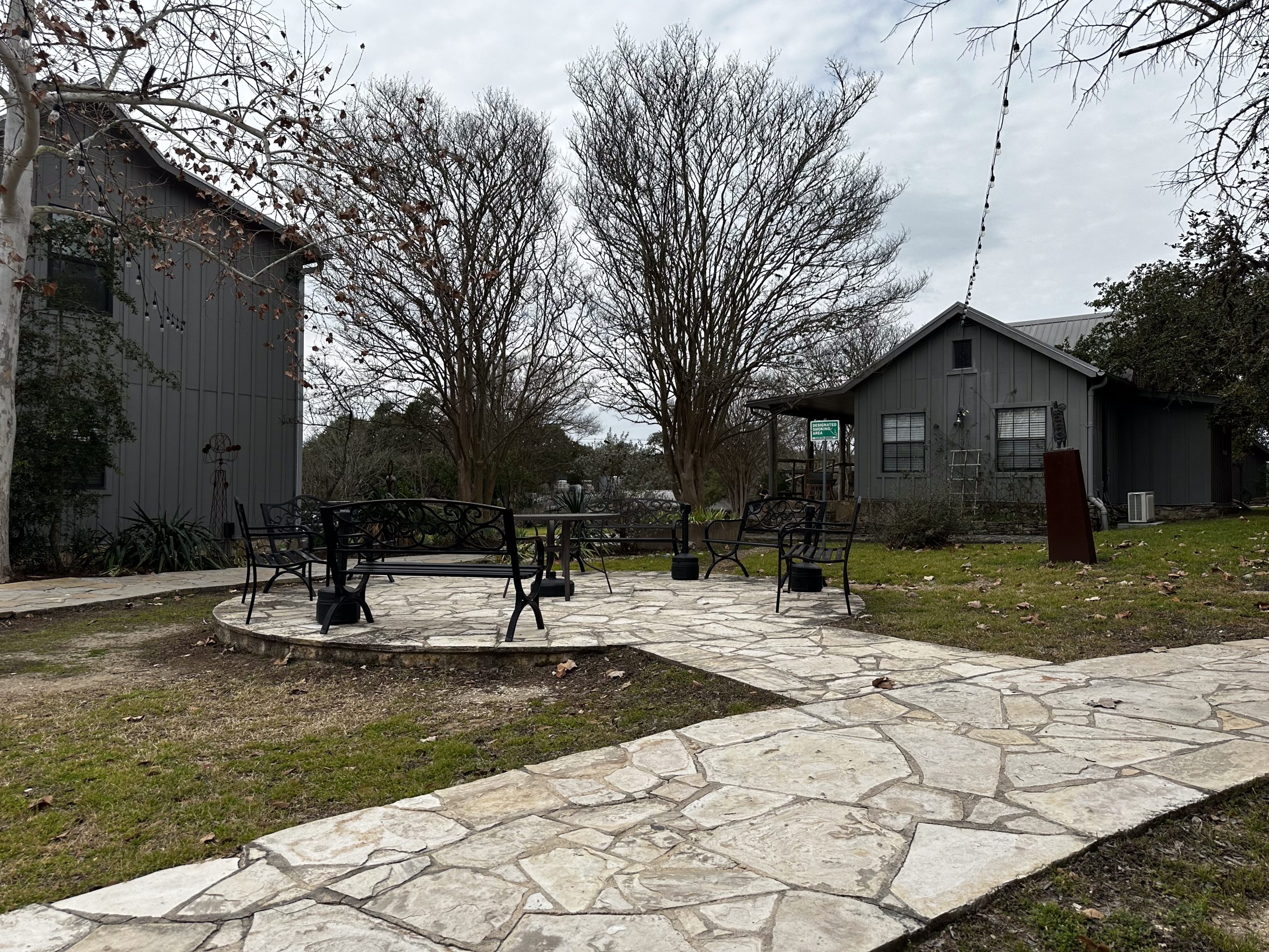

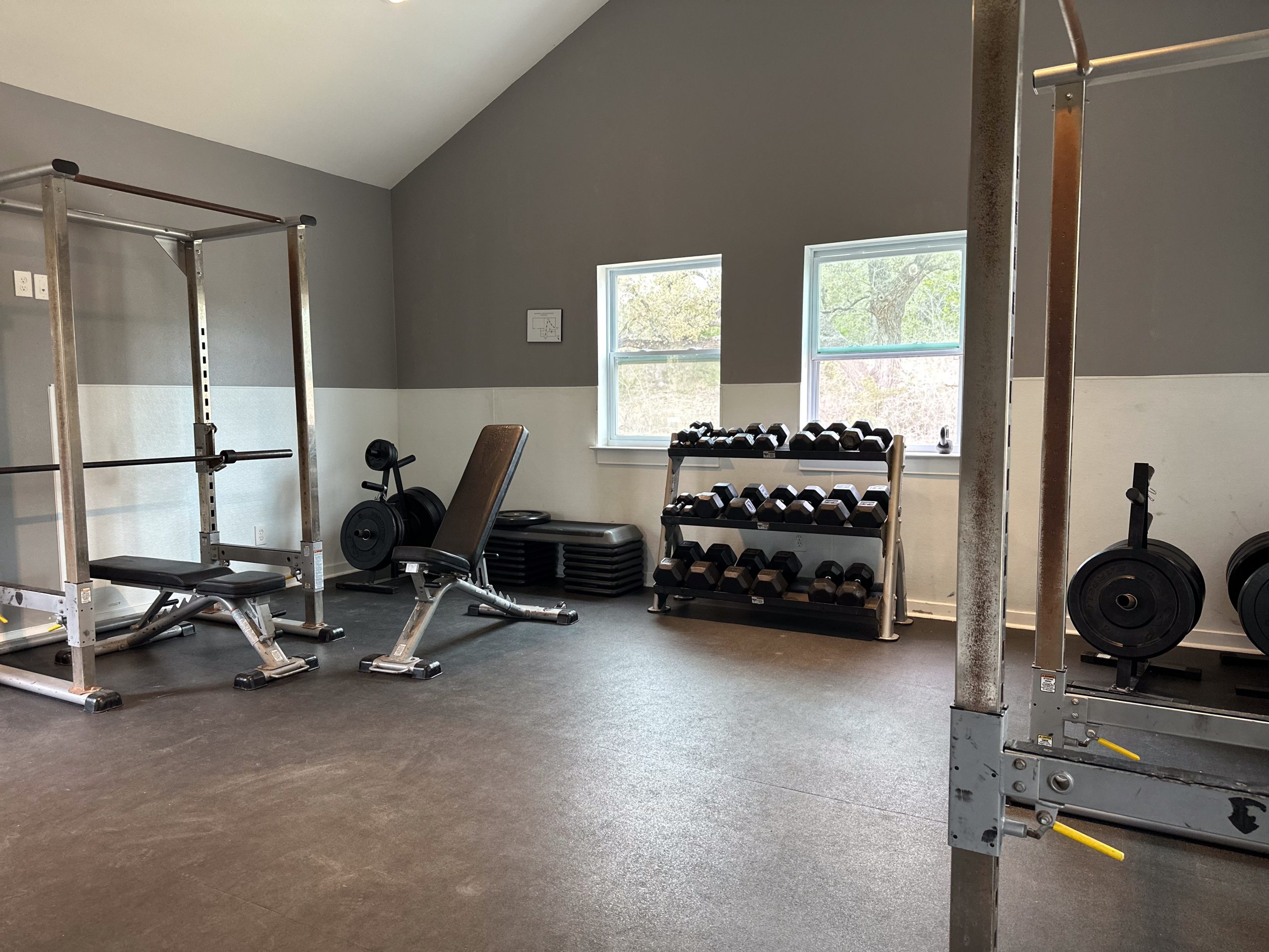

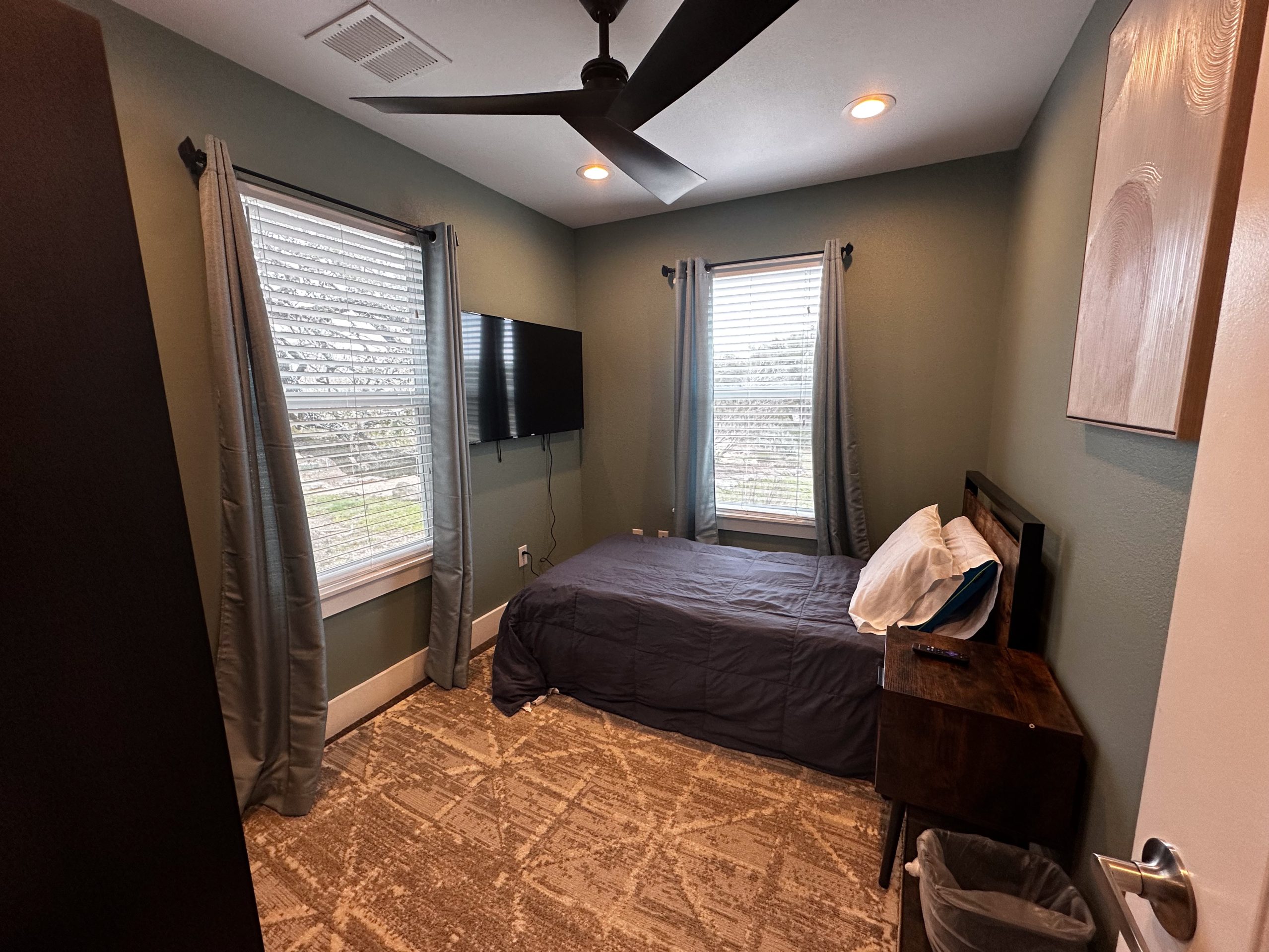

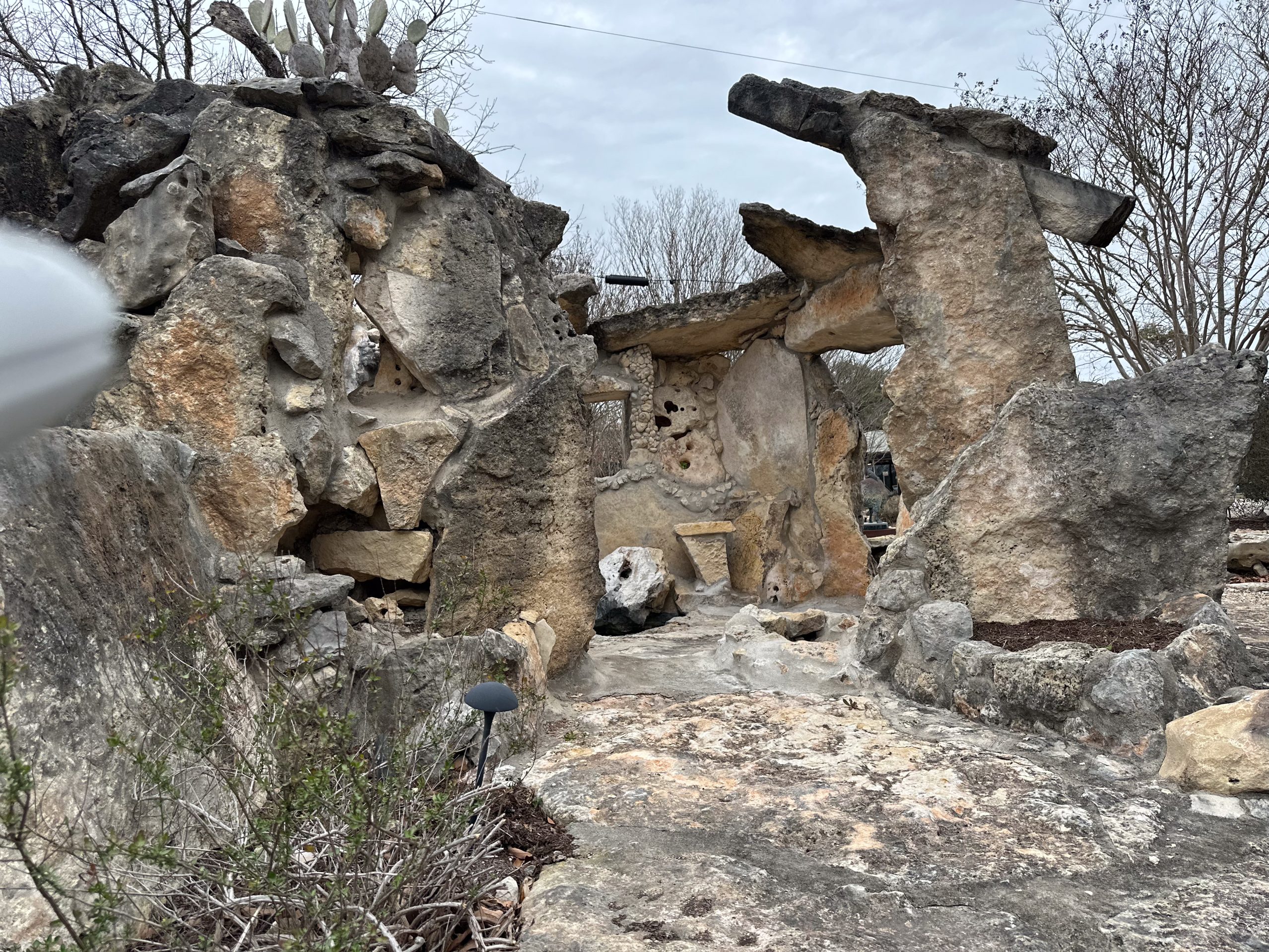
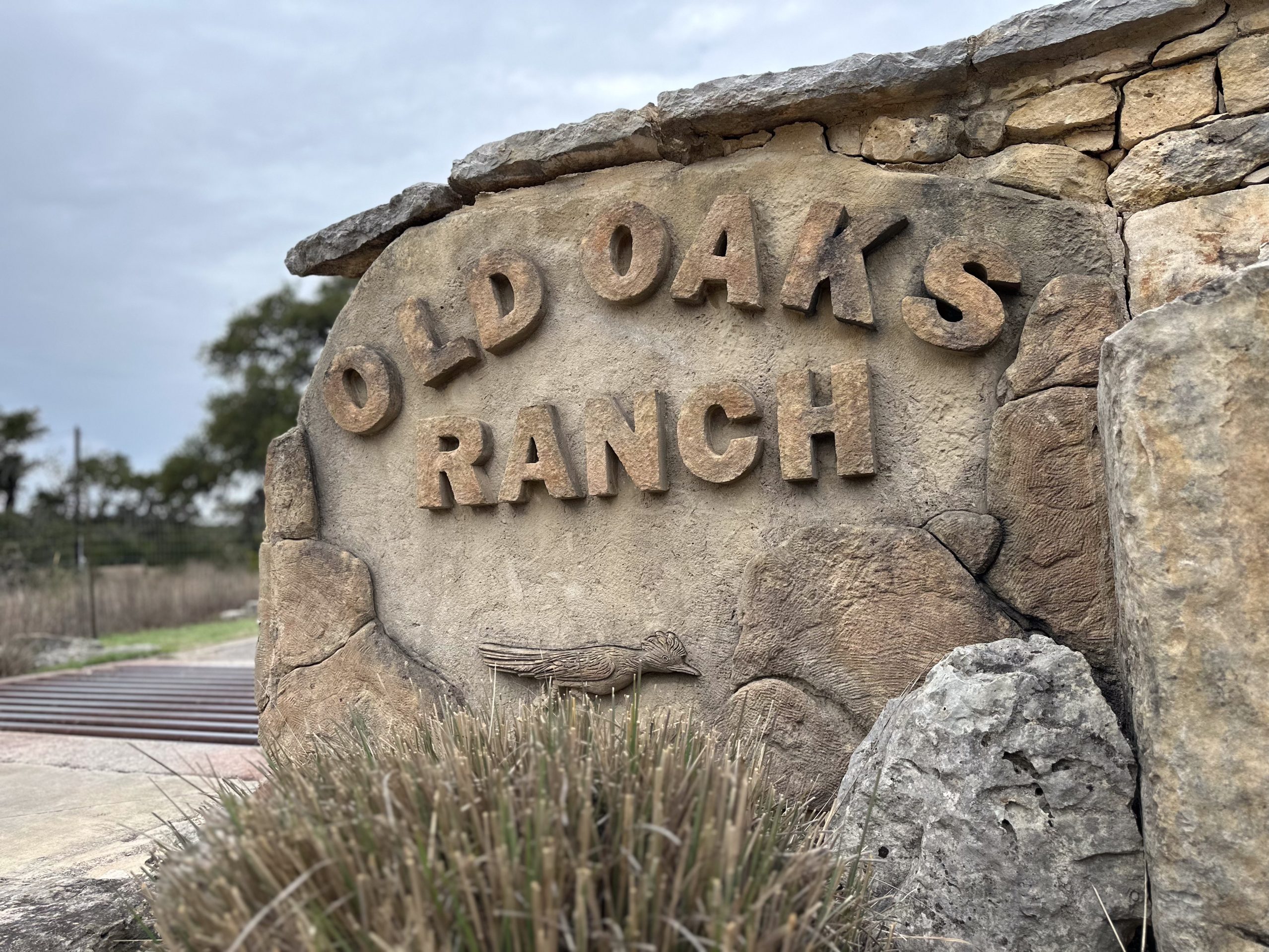

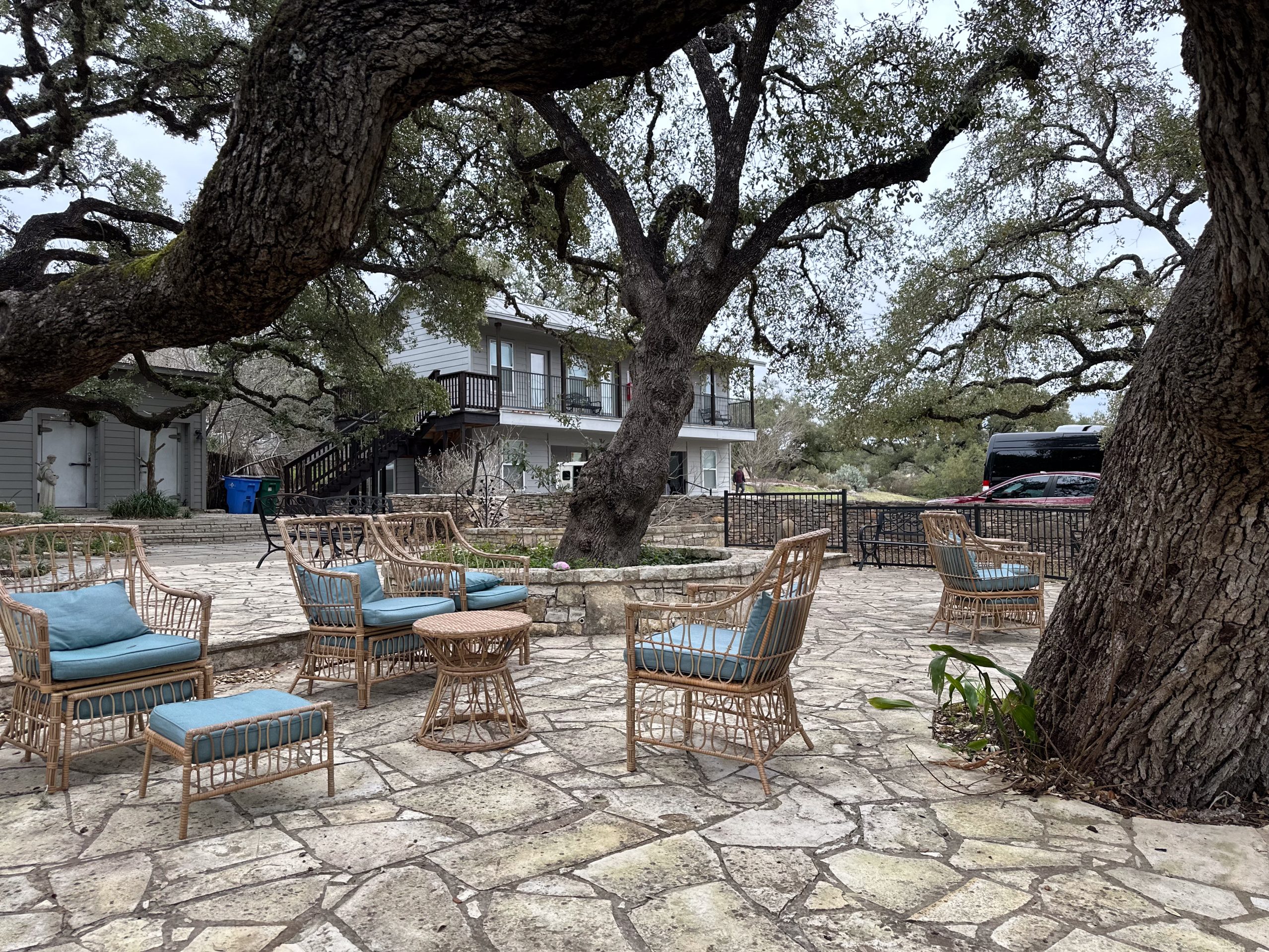
Slang for Percocet
Street names include:
- Perks
- Percs
- Hillbilly Heroin
How Common Is Percocet Addiction?
Many people assume prescription opioids are safer than illegal drugs. However, abusing a prescription opioid like Percocet can be just as dangerous. The national opioid epidemic shows just how risky these drugs are.
According to the National Institute on Drug Abuse, more than 3 million people in the United States misuse oxycodone-based drugs like Percocet each year. This often begins with a valid prescription. Over time, tolerance builds, leading to a higher dose and eventual addiction.
Taking too much can result in overdose, especially when mixed with alcohol or other prescription drugs. If you notice signs of overdose, don’t wait—call 911.
Side Effects of Percocet Abuse
Long-term misuse of Percocet may cause serious side effects:
- Drowsiness
- Confusion
- Constipation
- Liver damage
- Nausea and vomiting
- Breathing problems
- Hallucinations
- Memory loss
- Depression
These symptoms can affect your daily life, relationships, and ability to work. Abuse may also increase the risk of opioid overdose, which can be life threatening.
Signs of Percocet Addiction
A person addicted to Percocet may:
- Take larger doses than prescribed
- Fake symptoms to get new prescriptions
- Visit multiple doctors for refills
- Steal medication
- Snort or inject crushed tablets
Addiction often begins with legitimate use for pain relief. However, without careful monitoring, misuse can develop quickly.
Percocet Withdrawal Symptoms
Stopping Percocet suddenly may result in withdrawal symptoms, including:
- Muscle aches
- Irritability
- Yawning
- Sweating and chills
- Anxiety
- Cravings
- Insomnia
- Diarrhea and vomiting
These symptoms signal physical dependence. The discomfort can lead people to relapse. That’s why treatment at a medical detox center is often the safest path forward.
Percocet Withdrawal Timeline
- 5–8 hours: Initial symptoms begin, including restlessness and cravings.
- 8–16 hours: Flu-like symptoms develop.
- 2–3 days: Peak discomfort with severe body aches, insomnia, and nausea.
- 7–10 days: Physical symptoms begin to subside, but psychological symptoms may linger.
Treatment Options for Percocet Addiction
The first step in most recovery journeys is detox. A detox center in Houston, for example, can offer 24/7 care and medical assistance to manage withdrawal symptoms.
After detox, clients often move into a rehab program. Inpatient drug rehab is a common next step, especially for people with a history of relapse. These programs provide structured treatment, therapy sessions, and peer support.
For others, outpatient drug rehab may be more suitable. Outpatient treatment programs allow people to live at home while attending scheduled group therapy and counseling sessions. They are ideal for those with a strong support system and milder symptoms.
More Time. More Joy. More You. Start Now.
WE ACCEPT MOST INSURANCES







Inpatient vs. Outpatient Rehab: What’s Right for You?
Consider the following when choosing the right level of care:
- Inpatient Rehab: Clients stay at the rehab center full-time, receive 24-hour supervision, and participate in daily therapy sessions.
- Outpatient Rehab: Clients attend therapy and return home afterward. This option offers flexibility but may not be suitable for severe cases.
Both types of treatment can be effective, depending on individual needs. Your treatment plan may also depend on factors including mental health conditions, past substance use, and your ability to stay sober in a home setting.
How Long Does Percocet Rehab Last?
Length of stay varies, but long term recovery often requires at least 90 days of care. According to research from the National Institute on Drug Abuse, longer durations lead to better outcomes.
Whether you choose inpatient or outpatient care, effective treatment facilities offer a range of options, such as:
- Individual counseling
- Group therapy
- Cognitive behavioral therapy (CBT)
- Family therapy
- Relapse prevention planning
Sober Living Programs and Aftercare
Recovery continues even after formal treatment ends. Many clients transition to sober living programs to reinforce the healthy habits they built in rehab.
Sober living homes provide a structured, substance-free environment. These group homes often include peer-led support groups, drug testing, and access to employment or educational resources. Residents can stay for weeks or months, depending on their recovery needs.
Aftercare programs help people maintain sobriety long term. They usually meet weekly and offer a space to discuss challenges, share milestones, and find encouragement. Continuing care options like these lower the risk of relapse.
Freedom Starts Here. Take Back Your Life Today.
Same-Day Admissions in Austin Available.
The Role of Support Systems
A strong support system can make a major difference in recovery. Involving family members in therapy helps repair relationships and teach loved ones how to provide healthy support.
Support groups like SMART Recovery, 12-step meetings, or similar peer networks offer social connection. These programs focus on building skills to avoid relapse, navigate emotions, and stay engaged in the recovery process.
Addressing Co-Occurring Disorders
Many people struggling with addiction also have mental illnesses. These can include anxiety, depression, or trauma-related disorders. Treating both the addiction and the underlying issues is vital for lasting change.
Integrated treatment programs provide care for both addiction and mental health. These often include behavioral health services and medication management.
Workplace Resources and Insurance Options
Some employers offer recovery resources through an Employee Assistance Program. EAP benefits can include therapy referrals, time off for treatment, and return-to-work planning.
Other financial options include:
- Health insurance
- HSA funds
- Grants or scholarships
- Private loans
- Payment plans
No matter your situation, there is help available to make treatment accessible.
When to Get Help
Addiction doesn’t have to control your life. If you or someone you love is struggling with Percocet use, don’t wait to get help. Treatment can improve your quality of life and teach you how to live without drugs or alcohol.
You don’t have to do it alone. Reach out to a trusted rehab center today. Recovery is possible, and with the right support, you can take the first step toward a healthier, happier future.
Frequently Asked Questions About Percocet, Oxycodone, and Prescription Opioids
Is Percocet the same as oxycodone?
No. Percocet combines oxycodone (a powerful opioid) with acetaminophen (a non-opioid pain reliever). Oxycodone by itself is stronger and prescribed separately, while Percocet uses the combination to enhance pain relief but also increases the risk of misuse and dependence.
What is the strongest pain pill?
The strongest prescription opioids are typically fentanyl and hydromorphone, which are much stronger than Percocet or codeine. These medications are only prescribed in cases of severe, chronic pain under strict medical supervision due to their high risk of addiction and overdose.
What’s the strongest Percocet?
Percocet is available in different strengths, with the highest dose containing 10 mg of oxycodone combined with 325 mg of acetaminophen. Higher doses increase the risk of dependency, overdose, and liver damage due to the acetaminophen component.
Is Percocet as strong as codeine?
No. Percocet is stronger than codeine, as oxycodone is a more potent opioid. While codeine is used for mild to moderate pain, Percocet is prescribed for moderate to severe pain, making it more effective but also more addictive.
What is oxycodone acetaminophen taken for?
Doctors prescribe oxycodone with acetaminophen (Percocet) to manage short-term, moderate to severe pain, such as after surgery or injury. It is not intended for long-term use due to the risks of tolerance, dependence, and addiction.
What is the difference between oxycodone and oxycodone acetaminophen?
Oxycodone is the opioid component alone, while oxycodone acetaminophen (Percocet) is a combination drug. The acetaminophen enhances pain relief but adds the risk of liver damage when misused or taken in high doses.
Will oxycodone acetaminophen make you sleepy?
Yes. Sedation, drowsiness, and slowed reaction times are common side effects of Percocet. These effects make it unsafe to drive or operate machinery while taking the medication.
What not to take with oxycodone acetaminophen?
Avoid mixing Percocet with alcohol, benzodiazepines (like Xanax), or other opioids. Combining substances increases the risk of respiratory depression, overdose, and death. Always consult your doctor before taking other prescriptions alongside Percocet.
What is considered a prescription opioid?
Prescription opioids include oxycodone, hydrocodone, morphine, codeine, and fentanyl. They are used for pain management but are highly addictive and carry serious risks of misuse and overdose.
What is the most popular prescription opioid?
In the U.S., hydrocodone and oxycodone are among the most commonly prescribed opioids. Drugs like Percocet, Norco, and OxyContin are widely used but closely monitored due to high abuse potential.
What are the four main opioids?
The four main opioids are oxycodone, hydrocodone, morphine, and codeine. Each varies in strength, medical use, and potential for dependence.
What is the strongest painkiller on prescription?
Among prescription opioids, fentanyl is considered the strongest. It is up to 100 times more potent than morphine and is reserved for severe pain cases in controlled medical settings.

